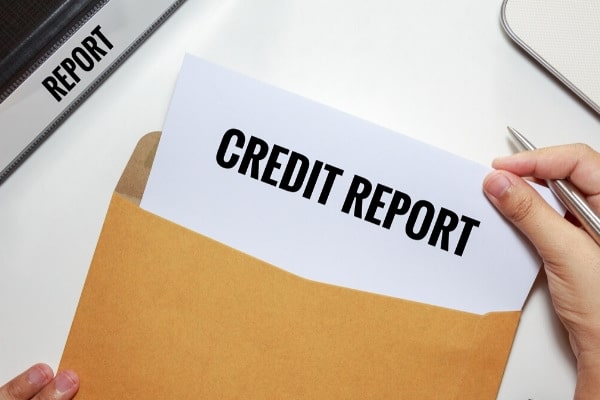
Your credit reports are a summary of your financial history, they can include your payment history, the types of credit accounts you have had, loans you have taken out, current debt, bankruptcy history, recent credit inquiries and other financial information.
The reports are used by lenders and others to determine your credit worthiness. Negative marks on your reports and a low credit score can prevent you from being granted credit, including credit cards, student loans, auto loans, mortgage loans, utility services, home and apartment rentals and more.
Often when someone has a low credit score and negative information on their reports it is due to unfortunate circumstances like a job loss, illness, divorce, etc. Building your credit score can take time, fortunately negative listings on your reports do not stay there forever. The Fair Credit Reporting Act (FCRA) is a federal law that mandates negative items be removed from your reports after 7 or 10 years, it also specifies that you have the right to dispute mistakes found on your credit reports, and determines who is allowed access to your reports.
Who Can Access Your Credit Reports?
You: You are entitled to a free copy of your credit reports from each credit bureau. https://www.annualcreditreport.com/index.action
Lenders: Credit card companies, mortgage companies, auto lenders and others who have your permission to check your credit before granting you service.
Landlords: Landlords can request a copy of your reports, you must grant them permission to check your credit.
Insurers: Insurance companies can request a copy of your reports, insurers must have your permission to check your credit reports.
Employers: Employers can request a copy of your reports when you apply for a job, no employer can check your credit reports without your written consent.
How Long Can an Item Remain on My Reports?
7 Years
Collection Accounts, removal required after 7 years from the date of default on the original.
Late Payments.
Charge-Offs.
Judgments (Both Paid and Unpaid)
Repossessions.
Foreclosures.
Paid Tax Liens.
10 Years
Chapter 7 bankruptcy.
Chapter 13 bankruptcy.
No Removal Required
Unpaid federal student loans can remain on your reports indefinitely, federal student loans are regulated by the Higher Education Act of 1962 (HEA), which clearly exempts certain federally guaranteed student loans from FCRA’s age-off provision.
Unpaid tax liens can remain on your reports forever.
